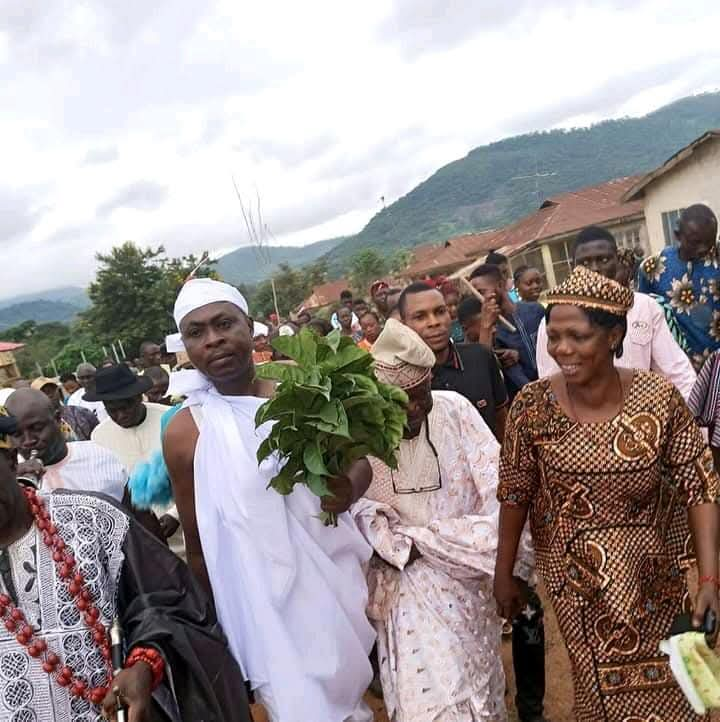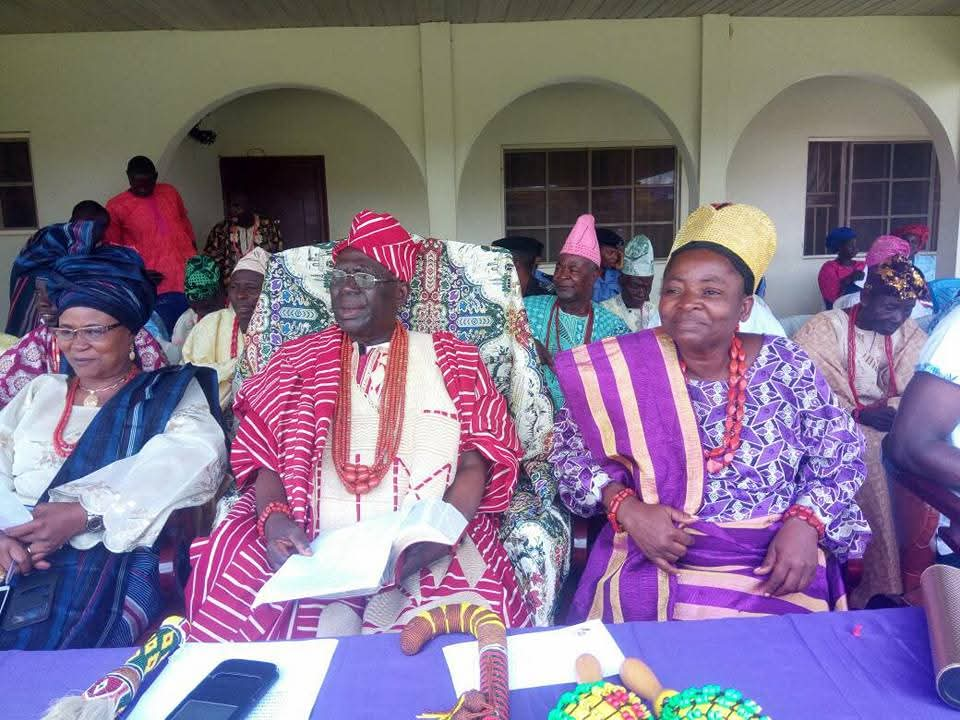The Festival and the Earthworm Curse
The Grand Festival
Ojorube organized a magnificent festival at Ipole. His reputation had grown, and even the powerful Oba of Edo (Benin) sent emissaries to celebrate with them. The town was filled with joy and festivities.
The Fateful Song
During the celebration, the women began singing with great joy. Their songs boasted of being a special breed, superior to all others, including the Benin people. This sparked bitterness and rivalry among the guests.
The Tragic Response
One of the Benin emissaries, feeling deeply insulted by the songs, committed suicide in shame. When the powerful Oba of Benin heard of this tragedy, his anger knew no bounds.
The Earthworm Plague
The Oba of Benin, being a powerful and dreadful king, cursed Ogotun land with earthworms (Ekolo). The infestation was total - earthworms appeared in everything, even cooking pots!
Divine Guidance Through Ifa
Consultation
Ojorube consulted Ifa priests to find a solution to the earthworm plague
The Oracle
Ifa revealed they must leave Ipole and follow a mystical cow to their new home
The Settlement
Where the mystical cow died would be their destined "Canaan land"
The Final Settlement
The people followed the mystical cow on their exodus from Ipole. After an exhausting journey, they grew tired and decided to end their wandering by killing the cow at Idi Asedo in the present location of the town. There they settled permanently, and Ojorube adopted the title "Ologotun" - his name from Ile-Ife as Olofin's right-hand commander - naming the settlement "Ogun Otun" (Ogotun).
The Oracle's Sacrifice and Divine Intervention
Fear and Desperation
General unrest and fear gripped the people at Ipole due to the earthworm infestation. In desperation, they consulted an herbalist to seek divine intervention through the oracle.
The Cruel Requirements
The oracle demanded specific items for appeasement, including a human sacrifice - specifically a non-native with a hunchback. Ironically, the oracle consultant himself fit this exact description.
The Dark Conspiracy
The people conspired to sacrifice the unsuspecting consultant. They dug a hole and gathered other required items, telling him the human sacrifice would be brought "when the time was ripe."
The Failed Sacrifice
The consultant was pushed into the hole and buried alive. The people celebrated, thinking they had satisfied the oracle, only to wake up to find the earthworm infestation had worsened!
The Divine Horse's Guidance
Second Consultation
Desperate, they consulted Ifa oracle again for a solution
The Mystical Horse
Ifa instructed them to prepare a horse to lead their exodus from Ipole
Divine Destination
They would settle only where the horse stopped moving
Human Intervention and Final Settlement
Following the horse day and night, the people grew tired and disgusted with the endless wandering. In an act of rebellion against the divine plan, they pulled nerves from the horse's leg so it could no longer move.
They settled at that point, calling it "Idi-ases-do-si" meaning "a point where we have just settled" - the present Idi Asedo. Ojorube once again adopted the title "Ologotun of Ogotun Ekiti", the name his father Olofin had called him as his right commander-in-chief.


